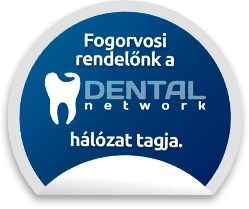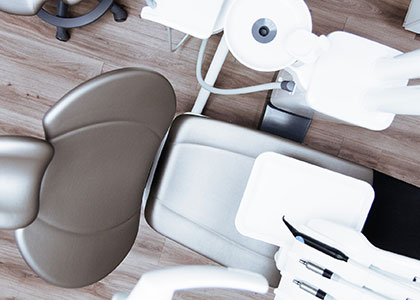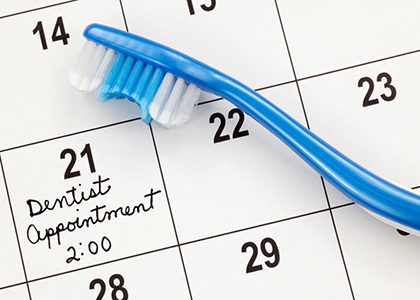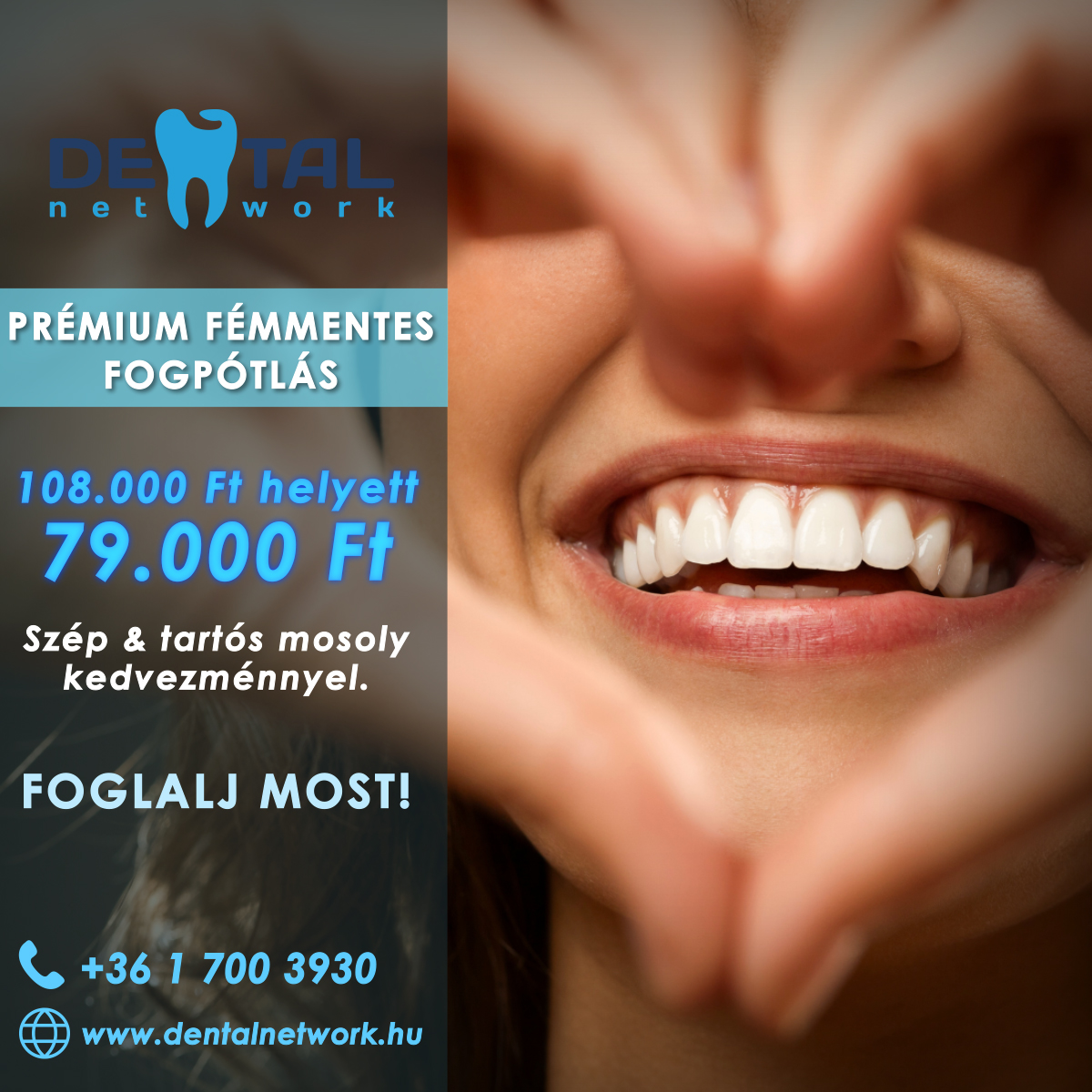Deep Bite
Among dental problems, deep bite is one of the most common and significant abnormalities affecting many people. This issue is not just a cosmetic concern but can also have serious health implications. In our blog post, we'll thoroughly explain what a deep bite is, its symptoms, causes, and how it can be effectively treated.
What is a Deep Bite?
A deep bite, also known as an overbite or distal bite, is a frequent dental abnormality where the lower teeth are excessively hidden behind the upper teeth. Under normal biting conditions, the lower teeth only cover a third of the upper teeth, ensuring proper tooth contact and bite mechanics. However, in a deep bite, the lower teeth are much more deeply positioned behind the upper teeth, causing a significant deviation from the normal bite pattern.
This condition often develops in childhood when the teeth and jawbones are still growing. Without early recognition and treatment, a deep bite can persist into adulthood and lead to more severe problems. A deep bite not only raises aesthetic concerns but can also cause functional and health issues such as increased tooth wear, jaw joint pain, and chewing difficulties.
Multiple factors, including genetic predisposition, abnormal development of the teeth and jawbones, and certain habits like thumb sucking or tongue thrusting swallowing habits, can contribute to the formation of a deep bite. These factors may cause the upper jaw to protrude forward or the lower jaw to recede, leading to a deep bite.
A deep bite can significantly affect facial aesthetics as it can alter the contours and structure of the face. Moreover, it can lead to more serious health issues over time, such as excessive tooth wear, gum recession, and chronic pain in the jaw joint. Timely recognition and appropriate treatment, such as the use of orthodontic appliances, are crucial to prevent the worsening of the problem.
Causes of a Deep Bite
A deep bite is a complex dental abnormality influenced by several factors, including inherited genetic factors, developmental anomalies of the teeth and jawbones, and certain habits and environmental impacts.
Genetic Factors
One of the most common causes leading to a deep bite is genetic predisposition. If there have been dental abnormalities such as overbites or other types of bite problems in the family, it is more likely that the next generations will also develop a deep bite. Genetics affect the size, shape, and position of the jawbones, as well as the placement and development of the teeth. Therefore, if the jawbones develop asymmetrically or if the teeth tilt too far forward or backward, it can lead to a deep bite.
Dental Abnormalities
Developmental anomalies of the teeth also play a significant role in the formation of a deep bite. When teeth grow improperly sized or positioned, such as excessively high teeth or misaligned dental arches, it can disrupt the natural balance of the bite. Improper alignment of the dental arches, such as an overly protruded upper dental arch or a receded lower arch, can also cause a deep bite. These abnormalities often combine with genetic factors and can exacerbate the problem.
Habits
Habits formed in childhood can significantly contribute to the development of a deep bite. One of the most common habits leading to this is prolonged thumb or pacifier sucking. These habits can alter the natural growth and positioning of the jawbones and teeth, leading to a deep bite over the long term. Another similar factor is tongue thrusting swallowing habit, where the tongue exerts pressure on the teeth, especially the front teeth, causing them to move forward and deepen the bite over time.
Bone Development Abnormalities
Abnormalities in the development of the jawbones are also significant factors in the formation of a deep bite. Asymmetric or abnormal development of the jawbones often leads to an imbalance between the upper and lower dental arches. For example, if the upper jawbone grows excessively forward or if the development of the lower jawbone slows down or is deficient, it can result in improper positioning of the teeth and a deepened bite. Additionally, if the jawbones do not fit together properly, it can lead to further dental problems such as contact issues and difficulties in chewing.
These factors often interact and combine their effects, leading to the development of a deep bite.
Symptoms of a Deep Bite
A deep bite can present with several symptoms, some of which are noticeable early on, while others may only become apparent over the long term. These symptoms not only cause aesthetic problems but can also lead to serious functional and health challenges that may worsen over time. Below, we detail the most common symptoms of a deep bite.
Aesthetic Problems
One of the most noticeable symptoms of a deep bite is the aesthetic change, which can significantly impact the structure of the face and overall appearance. Since the lower teeth are excessively hidden behind the upper teeth in a deep bite, the lower part of the face may appear shorter. This can lead to a changed appearance of the lower jaw and jaw joint structure, potentially distorting the facial contours. The teeth may also be less visible during speech or smiling, which can be aesthetically displeasing for patients. Such changes can often lead to a lack of self-confidence, especially if the patient values harmonious facial features.
Tooth Wear
A more severe consequence of a deep bite is increased tooth wear. Since the teeth do not contact each other properly, constant and incorrect pressure can cause the teeth to wear down faster. This wear primarily affects the incisors, which would be protected from excessive strain in a normal bite. Excessive wear not only damages the aesthetics of the teeth but can also make them sensitive, causing pain and discomfort during daily activities like chewing or speaking. Over time, if tooth wear continues, it can even lead to tooth loss if not treated promptly.
Chewing Problems
A deep bite often causes chewing difficulties, which can manifest in various forms. Due to improper tooth contact during chewing, there may be difficulties in properly breaking down food, which can complicate digestion. Due to the incorrect bite, the jaw joints and muscles can also be excessively strained, leading to pain, fatigue, and sometimes clicking or popping sounds during chewing. These issues not only cause discomfort but can also lead to chronic diseases of the jaw joints and muscles if appropriate dental interventions are not made.
Jaw Pain
Jaw pain is another common symptom resulting from a deep bite, which can cause significant discomfort in daily life. The extra pressure on the jaw joints (temporomandibular joint, TMJ) can lead to frequent pain around the jaw area, especially during chewing or speaking. Along with pain, the joint may also develop clicking, popping, or even restricted movement, which can significantly reduce quality of life. In severe cases, dysfunction of the jaw joint can cause sleep problems, headaches, and neck pain. Managing jaw pain along with correcting the deep bite is crucial to prevent chronic pain.
These symptoms, both individually and collectively, can significantly affect the quality of life of patients. Timely recognition and treatment of a deep bite are essential to prevent long-term adverse effects and restore proper dental function and aesthetic balance.
Consequences of an Untreated Deep Bite
Leaving a deep bite untreated can lead to several severe health consequences that can significantly impact not only oral health but also overall quality of life.
Wear of Teeth
One of the most common and worrying consequences of a deep bite is the increased wear of the teeth. Due to the incorrect bite position, the teeth do not contact each other properly, resulting in abnormal wear of the tooth surface. This wear primarily affects the incisors, which are most exposed to pressure during biting. Over time, this increased wear can lead to thinning of the enamel and exposure of the dentin layer (the inner, sensitive part of the tooth), causing tooth sensitivity. This sensitivity can be particularly noticeable when consuming cold, hot, sweet, or sour foods and drinks, causing significant discomfort in daily life. If tooth wear continues, it can weaken the teeth, ultimately leading to tooth loss.
Joint Problems
A deep bite places significant stress on the jaw joint (temporomandibular joint, TMJ), which can lead to serious joint problems over time. The extra pressure on the joint can cause pain around the jaw area, which can occur during chewing, speaking, or even at rest. The overloading of the jaw joint can also lead to clicking, popping, and limited movement of the joint, further exacerbating the problem. These joint issues can not only affect oral functions but are often associated with headaches, neck pain, and stiffness of the shoulders. In the long term, these symptoms can lead to chronic dysfunction of the jaw joint, significantly affecting quality of life and the ability to perform daily activities.
Digestive Problems
Improper chewing, a consequence of a deep bite, can cause serious digestive issues. Chewing is one of the most important steps in the digestive process, as it involves breaking down food into small pieces that facilitate further breakdown and absorption in the stomach and intestines. If chewing is inadequate, larger pieces of food enter the stomach, complicating digestion and absorption. This can lead to digestive disturbances such as bloating, stomach pain, and constipation. Over the long term, improper digestion can lead to nutrient deficiencies, negatively affecting overall health.
Speech Disorders
Deep bite can lead to speech problems as the incorrect position of the teeth affects sound production and speech articulation. Certain sounds, especially sibilant and fricative sounds (such as "s", "z", "c"), can be difficult to pronounce if the teeth are not in the correct position. This can result in blurred speech, which can be particularly problematic in social situations or workplace communication. Speech disorders can often cause patients to experience a lack of confidence and social anxiety, as they may have difficulties with effective communication. It is especially important to treat a deep bite in children, as they are in a critical phase of speech development, and persistent speech problems can have long-term effects on their lives. These consequences highlight that a deep bite is not just an aesthetic issue but can pose serious functional and health challenges.
Treatment of Deep Bite
The treatment of deep bite can vary depending on the severity of the problem, taking into account the patient's age and other dental circumstances. The goal of treatment is not only to restore the proper position of the teeth and jawbones but also to prevent long-term complications such as tooth wear, joint problems, or chewing and speech disorders. During treatment, orthodontists employ available tools and techniques to achieve the best outcome for the patient.
Bite Raiser
The bite raiser is one of the most effective and commonly used tools for treating deep bite. It is a specially designed orthodontic device placed on the teeth to correct the biting position. The primary function of the bite raiser is to elevate the bite, which allows for the correct positioning of the jawbones and teeth. The device applies gentle, continuous pressure on the teeth, thereby facilitating the gradual realignment of the teeth and jawbones.
The use of a bite raiser can be particularly effective in children and young adults, when the teeth and jawbones are still actively developing. At this age, the bones and teeth are more malleable, so treatment with a bite raiser can be quicker and more successful. The use of a bite raiser in childhood can help prevent the development of more severe bite abnormalities and ensures the proper growth and positioning of the teeth.
In adults, the bite raiser can also be successfully used, although treatment generally takes longer because the bones are less flexible. Nonetheless, the bite raiser can effectively correct a deep bite in adults as well, especially if the problem is moderate to severe. In adults, the use of a bite raiser is often supplemented with other orthodontic devices such as orthodontic tracks or fixed braces to achieve the desired results.
Advantages of Bite Raiser Treatment
The advantages of bite raiser treatment include being non-invasive and providing relatively comfortable wear for patients. The device is discreet and generally does not interfere with daily activities such as speaking or eating. The duration of the treatment can vary depending on the severity of the problem but generally lasts from several months to a few years until the desired result is achieved.
The effectiveness of the bite raiser treatment also greatly depends on the patient's cooperation. It is important for patients to wear the device regularly and follow the orthodontist's instructions, including attending regular check-ups and maintaining proper oral hygiene.
Start Your Bite Raiser Treatment at Fehérvári Dental!
Do not let deep bite cause long-term problems! Act now and schedule an appointment at Fehérvári Dental, where our experienced specialists will help restore the healthy balance of your teeth and jaw with bite raiser treatment. Do not wait any longer – take the first step towards a beautiful, healthy smile! Book your appointment now!





















